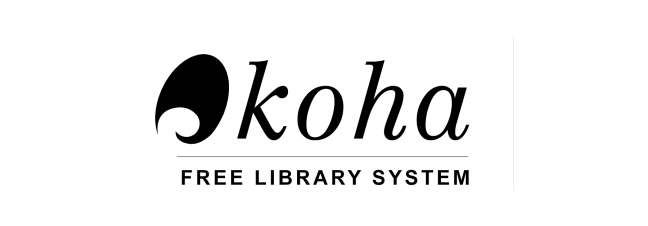There are many benefit in using the libray system Koha. It is flexibility, modularity, and on an Open Source licens. Koha is used world wide and everyone can particite in its development regardless of skills.

It is difficult to choose a single benefit in Koha, says Jessica Andersson from Alingsås Library, who is also in the board of Koha’s Sweden Network, to me (the author) in a email. Koha is build to be modular and features can easily be controlled by activation or de-sctivation. This is a flexibility, which Jessica Andersson points out to be unique in Koha.
Specialty to the collective
The Koha project started in New Zealand. It is named after the maori word for ’gift’, ’donation’, or "giving your specialty to the collective event".
This library system is released under at GPL 3 licens and can be used in public, school, or special libraries all over the world. The project started in 1999 and was installed for the first time the year after.
An Open Source licens allows for an open and active community, nationally and internationally, where everyone can participate in the discussion and develop it further in collaboration with other libraries – both the small and the larger ones, Jessica Andersson explains.
International networks
Koha has 16 larger user groups listed in their wiki. Seven of these are European. The Swedish network is one of these. The members of the network include school libraries (like Skolbiblioteken in Västerås), specialty libraries (like World Maritime University), and technical libraries (like Blekinge tekniska högskola).
‘Finally, you certainly don't need to be a developer to participate in the Koha community!’ It states on Koha’s wiki page about getting involved.
Jessica Andersson agrees with this. Although her and her colleagues haven’t been able to add coding to the project, their have taken active part in the development of a Swedish backend for interlibrary loans, translation, and information materiale and videos.
She says: ’Det är det som är så roligt och utvecklande med Koha, att alla bibliotek, oavsett om det är ett litet folkbibliotek eller ett stort universitetsbibliotek, kan vara med och bidra med sin kompetens.’ (What is so great and developing with Koha, is that all libraries, regardless if it is a small public library or a large university library, can participate and contribute with their competences, my translation).
Daily developments by the users
Decisions about technical issues and developments on Koha are taken on a day-to-day basis by the members of the community. These might be individual developers, members of the release team, or libraries that directly or indirectly has contributed or sponsored new features. Discussions are taken in the online community fora.
Governance and the overall management of the project rests upon a board of trustees, Trustees of Horowhenua Library Trust, and a committee, which supports the board internally and represents their line externally.
Final take-aways
- Koha is a scalable library system used all over the world.
- Decisions on development is made in the collective community in online fora.
- Everyone can take part in the development - also without any coding skills.

